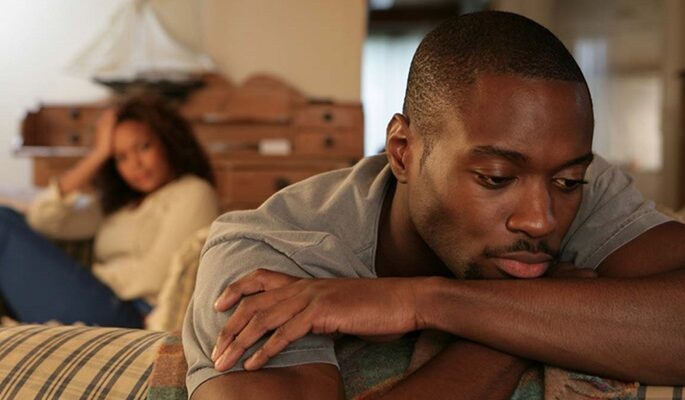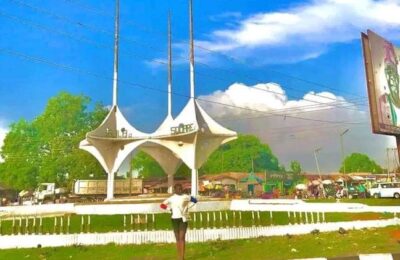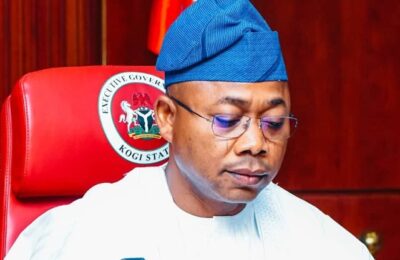In the dim corners of hospitals, pharmacies, and even WhatsApp groups, a quiet cry echoes among Nigerian men—a cry wrapped in shame, fear, and secrecy. Erectile dysfunction (ED), once whispered as a problem of aging, has become a growing epidemic and source of high temperaments among young and middle-aged Nigerian men. Once symbols of virility, confidence, and control, many men now face a silent war that strikes at their pride, relationships, and mental stability.
“A man may command armies, but if he cannot command his body, his confidence begins to crumble,” says Dr. Charles Iwuala, a Lagos-based urologist.
The numbers tell a sobering story. A 2023 study by the Nigerian Association of Urological Surgeons revealed that nearly 38% of Nigerian men aged 25–50 experience some degree of erectile dysfunction. The rise is not merely biological—it’s psychological, economic, and spiritual. Nigeria’s economic downturn, high unemployment, social pressure, and poor lifestyle habits have converged to make the once-private problem a public crisis.
Many Nigerian men now live under the suffocating weight of stress and uncertainty. The struggle to provide in a society where masculinity is tied to material success has silently weakened emotional health. “When a man’s mind is burdened, his body follows suit,” notes clinical psychologist Dr. Ifeoma Okonjo. “We underestimate the power of mental exhaustion and anxiety in crippling sexual health.”
Beyond stress, other culprits lurk in plain sight—alcohol abuse, smoking, obesity, diabetes, hypertension, and excessive consumption of unregulated performance-enhancing drugs. Nigeria’s markets are flooded with counterfeit sexual boosters and herbal mixtures promising “instant manhood.” Instead, they destroy it. The Nigerian Agency for Food and Drug Administration and Control (NAFDAC) has repeatedly warned against these unlicensed aphrodisiacs that are often laced with steroids and toxins.
“Some men think they are enhancing performance, but they’re actually shutting down vital blood vessels,” warns Professor Sunday Omole, a leading endocrinologist at the University of Ibadan. “Erectile function depends on healthy circulation, and most of these drugs destroy that balance.”
Social stigma worsens the pain. In a culture where men are taught to hide weakness, few seek medical help. Instead, they drown in silence. The macho image—an expectation that a “real man” must always perform—has made it nearly impossible for sufferers to speak openly. This cultural silence is costing homes peace and intimacy. Many marriages are collapsing not because of infidelity, but because men are too ashamed to seek help and women are too afraid to discuss it.
Spiritually, some men even interpret erectile malfunction as a curse or punishment. Religious leaders, however, are urging balance between faith and medical wisdom. Dr. Paul Enenche, Senior Pastor of Dunamis International Gospel Centre, once said, “Faith is not denial of reality; it’s the confrontation of reality with divine power.” This balance—between prayer and proactive care—is what many Nigerian men must rediscover.
But all is not lost. Solutions exist, and hope is rising. Experts recommend a holistic recovery path—combining medical treatment, lifestyle adjustments, mental health care, and spiritual renewal. Regular exercise, balanced diets rich in fruits and vegetables, reduced alcohol intake, quitting smoking, and managing blood pressure can restore normal function. Medical options such as phosphodiesterase inhibitors (Viagra, Cialis, Levitra) and counseling have proven effective when guided by licensed professionals.
Equally crucial is communication. Partners must replace accusation with compassion. Dr. Olajumoke Ayodele, a relationship therapist, notes, “A woman’s empathy can be more healing than medicine. Many men recover faster when they feel safe rather than judged.”
Public awareness is also essential. The Nigerian health sector must launch campaigns normalizing conversation about sexual health. Just as malaria and hypertension are openly discussed, so must erectile health. Universities, churches, and workplaces can play pivotal roles in ending the stigma.
Erectile dysfunction in Nigeria is not merely a medical issue—it is a mirror reflecting societal stress, economic despair, and emotional fragility. Healing begins when men learn that vulnerability is not weakness, and when the nation begins to treat sexual health as part of holistic well-being.
As Prophet T.B. Joshua once said, “When the mind is free, the body obeys.” The freedom Nigerian men need today is not just financial or political—it is the freedom to seek help, heal, and live without shame.
In the end, restoring manhood begins not in the body, but in the soul.
– Inah Boniface Ocholi writes from Ayah – Igalamela/Odolu LGA, Kogi state.
08152094428 (SMS Only)




